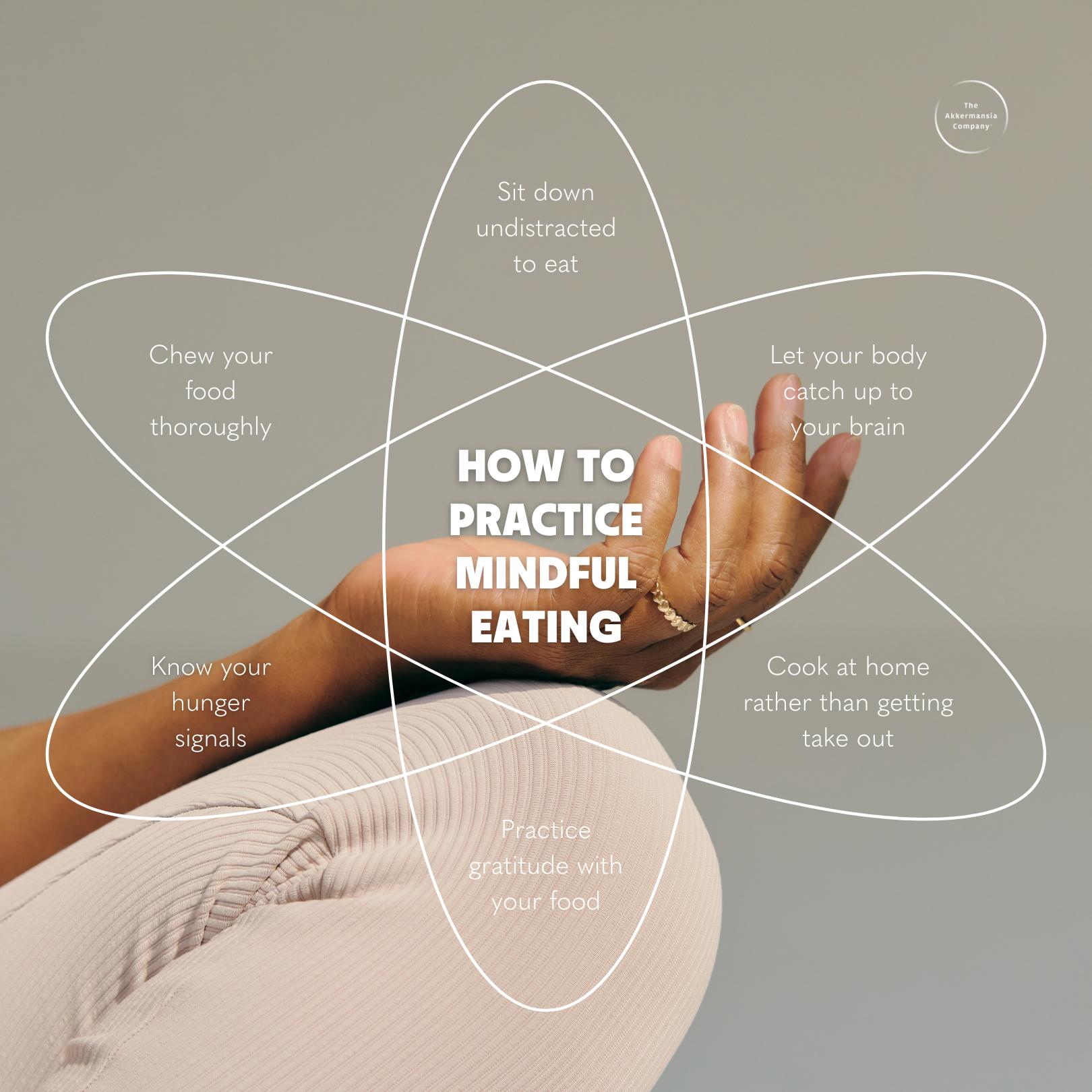In today’s fast-paced world, where distractions are abundant and stress is a constant companion, the practice of mindfulness has emerged as a beacon of tranquility and clarity. Rooted in ancient traditions yet perfectly suited for modern life, mindfulness offers a pathway to enhanced mental well-being by fostering a deeper connection to the present moment. This guide will equip you with the tools and techniques needed to cultivate mindfulness in your daily routine, empowering you to navigate life’s challenges with greater ease and resilience. By committing to this practice, you can unlock the potential for a more balanced, centered, and fulfilling life. Join us as we explore the transformative power of mindfulness and discover how it can become an integral part of your journey toward mental well-being.
Understanding the Foundations of Mindfulness Practice
To truly grasp the essence of mindfulness, one must delve into its core principles, which serve as the bedrock for cultivating a more present and aware state of being. At its heart, mindfulness is about cultivating a non-judgmental awareness of the present moment, embracing each experience as it unfolds. This practice is not about emptying the mind, but rather about observing thoughts, feelings, and sensations without attachment or aversion. By acknowledging these experiences without judgment, you create space for acceptance and clarity, essential components for mental well-being.
Several key elements are pivotal in establishing a solid mindfulness practice:
- Intention: Set a clear intention to practice mindfulness. Whether it’s to reduce stress or improve concentration, having a purpose guides your practice.
- Attention: Focus on the present moment, directing your awareness to your breath, bodily sensations, or surrounding environment.
- Attitude: Cultivate an attitude of curiosity, kindness, and openness towards your experiences, allowing yourself to explore without judgment.
By integrating these foundational elements into your daily routine, you begin to nurture a mindful approach to life, paving the way for enhanced mental well-being.

Incorporating Mindfulness into Your Daily Routine
Mindfulness can seamlessly become part of your daily life by making small, intentional adjustments to your routine. Start your day with a brief meditation session. As soon as you wake up, take a few moments to focus on your breath. Feel the air fill your lungs, hold it for a second, and then exhale slowly. This simple act can ground you and set a calm tone for the rest of your day.
Throughout the day, incorporate mindfulness into activities you might usually rush through. Here are a few ideas:
- Mindful Eating: Pay full attention to the taste, texture, and aroma of your food. Chew slowly and appreciate each bite.
- Walking Meditation: While walking, focus on the sensation of your feet touching the ground, the rhythm of your steps, and the environment around you.
- Mindful Listening: During conversations, listen intently without planning your response. Engage fully with the speaker.
- Evening Reflection: Before bed, take a moment to reflect on your day. Acknowledge your achievements and let go of any tension or stress.
By weaving these practices into your routine, you cultivate a more mindful existence, enhancing your mental well-being and promoting a peaceful mind.
Techniques to Enhance Mindful Awareness
Mindful awareness can be significantly enhanced through a variety of techniques designed to anchor your attention in the present moment. Start by incorporating mindful breathing into your daily routine. Take a few minutes each day to focus solely on your breath, noticing the rhythm, depth, and sensation as it flows in and out. This simple act can ground you and foster a deeper sense of awareness.
- Body Scan: Lie down or sit comfortably and slowly move your attention through each part of your body, from head to toe. Notice any sensations, tension, or discomfort, acknowledging them without judgment.
- Mindful Listening: Choose a piece of music or the sounds of nature and focus entirely on the listening experience. Pay attention to each note, rhythm, and the spaces in between.
- Gratitude Journaling: Spend a few moments each day writing down things you are grateful for. This practice shifts your focus from what you lack to what you have, cultivating a mindset of abundance.
Integrating these practices into your life can transform the mundane into moments of profound awareness, enhancing your overall mental well-being.
Overcoming Common Challenges in Mindfulness Practice
Mindfulness practice can be a transformative journey, yet it often presents several common challenges that can hinder progress. One major hurdle is maintaining consistency. It’s easy to let daily routines and responsibilities push mindfulness to the back burner. To combat this, create a dedicated time and space for your practice. Even just a few minutes a day can make a significant difference. Utilize reminders or habit-tracking apps to ensure mindfulness becomes an integral part of your routine.
Another frequent challenge is dealing with distractions, both external and internal. External distractions like noise can be minimized by finding a quiet place or using noise-canceling headphones. Internal distractions, such as wandering thoughts, are part of the process. Instead of fighting them, acknowledge their presence and gently bring your focus back to your breath or chosen anchor. Remember, the goal is not to eliminate thoughts but to observe them without attachment. Here are a few tips to enhance your practice:
- Set clear intentions before each session.
- Embrace a non-judgmental attitude towards yourself.
- Incorporate guided meditations to stay focused.
- Celebrate small victories to boost motivation.
By understanding and addressing these challenges, you can deepen your mindfulness practice and significantly enhance your mental well-being.




